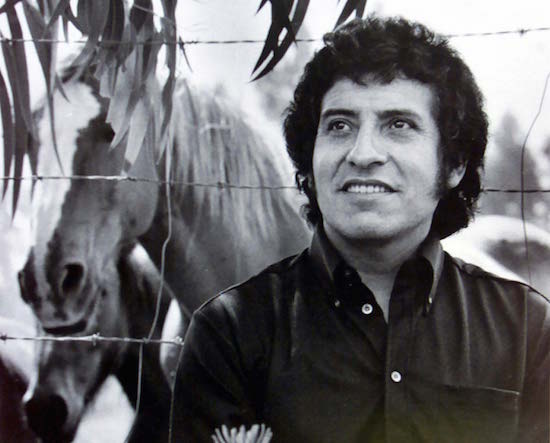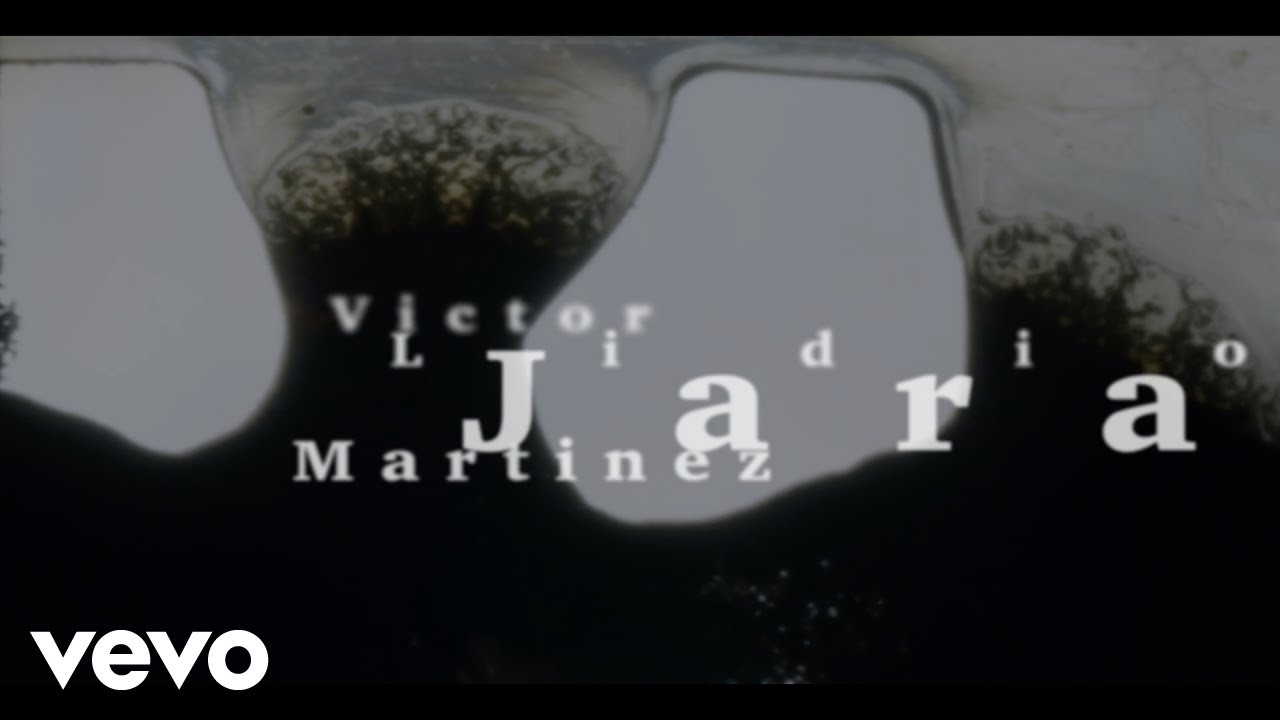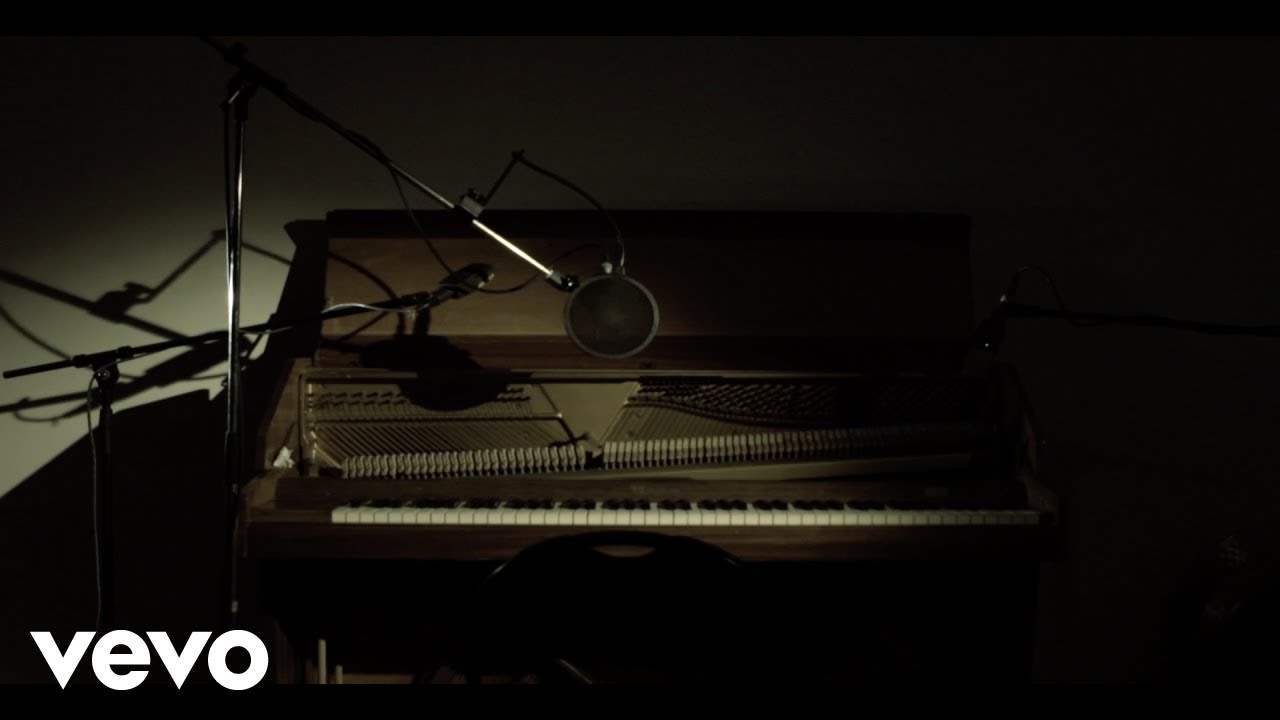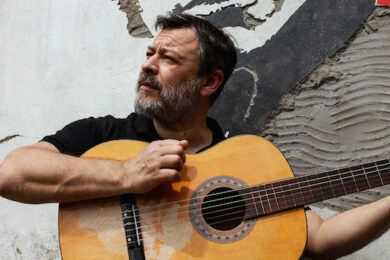Fourteen years on from his first venture outside the Manic Street Preachers, another pause in band activities has enabled James Dean Bradfield to make a second solo album, called Even In Exile.
Where Bradfield’s last record, The Great Western, dwelt on personal matters, this time the singer and guitarist, now 51, has focused his attention on Victor Jara, the Chilean singer and activist who was murdered by the army after a military coup in 1973, led by General Augusto Pinochet. Song lyrics for Even In Exile were written by the poet and playwright Patrick Jones, brother of the Manics’ Nicky Wire. "I think the first time I remember seeing Victor Jara’s name was on ‘Washington Bullets’, a Clash song from Sandinista!," Bradfield recalls. "Then I remember Working Week doing a song called ‘Venceremos’.
"After that it was reading a piece about the film Missing, which had Jack Lemmon and Sissy Spacek in it. My two American heroes when I was very young were Charlie Brown and Jack Lemmon, so any film that he was in I used to take a massive interest in. Missing was about people who disappeared in Chile."
Over the years Jara’s name popped up again and again – Simple Minds dedicated their album Street Fighting Years to him, while Christy Moore, Calexico and the Welsh singer-songwriter and politician Dafydd Iwan wrote songs about him.
"He just kept coming up as a reference point," Bradfield says. "A whole chapter in Dorian Lynskey’s book 33 Revolutions Per Minute: The History Of The Protest Song was about Victor Jara, so by then he’s somebody whose story I know. I didn’t know so much about his music, I must say, but I know the tragic arc of his story."
Two and a half years ago Bradfield discovered Jones, the older brother of Nicky Wire, was writing prose and poems about Jara. At that point, he says, "Patrick and Nicky had been going through a tough time; they had lost their mother and then their father became ill quite quickly after."
The pair had been friends since their teens – "he was a slightly older cool kid that had gone to America to study politics and American literature, he was always feeding me books and showing me what he was writing or reading" – and remained close, with Bradfield regularly calling on him en route home from visits to his father in the Valleys. We’d just catch up every week in his living room. I said, ‘What are you up to at the moment? Have you got a play on the go?’ He said, ‘I’m just writing reams of stuff about Victor Jara. Do you remember him?’
"There was prose, there was poetry, there was almost like a little one-man play as well, just beginnings of stuff. I said, ‘How does this get published then?’ And he said to me, ‘It doesn’t, it’s just a writing exercise. There’s so much bad stuff in the air at the moment and so much sadness with my parents, I just want to write something that you can trust in, something that you can’t doubt’.
“I think it was an emotional and intellectual writing exercise. Naively I didn’t realise writers are like painters or musicians – you just like to play or write or paint but you know that no-one else is going to see it. I was confused by it, putting so much effort into something that was never going to be released, but then a light went off in my head."
With bassist Wire and drummer Sean Moore wanting a two-year break from band activities, Bradfield says: "Subconsciously in my head I made the link with my fear of inactivity – being an institutionalised Manic Street Preacher and thinking, ‘Oh my God, I’m not going to be doing anything with the band this year in the studio’ – and I just started thinking, ‘I could turn this into a concept album, the words are leaping off the page, it’s something I connect to and discover more about’."
Although Jones was sceptical, he let Bradfield take some of his work away. "It became songs really quickly, so we went for it," the singer says. Jara’s life story might be best known outside Chile for its tragic ending – rounded up with other supporters of socialist president Salvador Allende, he was tortured and then shot dead – but his protest songs remain remarkably potent, not least for their poetry.

Victor Jara
"Even I didn’t know much about his music," Bradfield admits. "I’d only heard one song in all these years. Since ’83-’84, when I first discovered him, I’d never really had an album of his songs. I think Patrick’s interest in Victor Jara had been kicked off by an album he picked up in a second-hand shop; it had quite a striking cover and it was called Manifesto. It’s quite a strange little album because you’ve got little excerpts before the songs which are translated into English. Pat said, ‘You should take this album because it will tell you more about Victor Jara than you thought you knew’, and I played the record and I was astounded by how beautiful it was.
"Here’s something which is broadly termed as protest songs but it didn’t fit the same form as what you usually expect protest songs to be. Usually protest singing places its feet squarely at the subject or at the accused and confronts something; these songs don’t do that, they’re beautiful and they’re inclusive and sometimes they’re more inclined towards reconciliation and peace. It became much of a guiding spiritual light than anything – the fact that here was someone that lived in a period of malcontent, especially in South America in the late ’50s, ’60s, ’70s where left and right meeting usually ended in violence and death and amidst all this, even towards the end in his last recordings where he probably knows there’s going to be a reckoning and bad stuff is coming, even then his music is so beautiful. All that really strikes me. It showed me there’s something new to find out about different forms of protest singing across the world."
He says he chose to include Jara’s own song ‘La Partida’ midway through the album with considerable care. "I was never going to go down the Graceland route of trying to include Chilean musicians or use Chilean instruments in an age where you can get accused of cultural appropriation. I am not an authority on Victor Jara; even though I know a lot about him and I’ve listened to his songs more than anybody else’s music in the last few years, this is still an outsider’s point of view. This is still somebody from, let’s face it, a European perspective looking at somebody in admiration, taking it all in, but also looking at it in confused horror at how everything ended up.
"It follows on from [the Manic Street Preachers’ song] ‘If You Tolerate This Your Children Will Be Next’ to a certain degree. We can all talk about politics and wear our badges and chant unity slogans at some point in our lives but none of us know what it’s really like to sacrifice ourselves for a political belief. I included ‘La Partida’ because I wanted something to go towards the Victor Jara estate. I did want a Chilean voice in there, but I still wanted it to be interpreted by me. I did try to sing some of his songs but it was problematic, it made me an empty vessel when I tried to sing his songs. It’s hard to sing those words about somebody else’s country, somebody else’s history, in my voice. I tried it once very roughly and I quickly realised it was pointless, I could not sing those songs with that conviction, with the experience and with that inflection that he did."
Victor Jara’s English-born widow Joan is now 92 yet she continues to fight for justice for her late husband. In 2016 the family won a $28 million civil lawsuit against former Chilean army officer Pedro Barrientos, now a resident of Florida, and two years later, six retired military officers were jailed for his murder. Bradfield says he has been in contact with Joan via the family that she lived with when she temporarily left Chile after Victor’s death. "She lives in Chile now and I sent the record on to one of her daughters, who has been lovely in response and she has passed it on to her mother."
Amid familiar musical inspirations for the album such as Rush, Nico and The The, Bradfield has also cited the Welsh prog rock group Man. "I especially love the album The Welsh Connection," he says. "One of my older mates used to have it when I was young. I was intrigued by them and then in my twenties I started turning onto Man. Obviously there was the Welsh connection but there were certain things that started coming out of the record, a prog connection. I started hearing bits of Meddle by Pink Floyd, I was always a big fan of Meddle rather than Dark Side Of The Moon; I was always a massive Rush fan which is obviously prog-tastic.
"I’ve chosen some of these tones when the drums come in because I was looking at a picture of Victor holding this guitar aloft above Machu Pichu in Peru, which is what [the song] ‘Seeking The Room With The Three Windows’ is about, but the prog influence just started creeping in because bands like Family and Man used to mix folk and progressive electric music together. I was listening to Aguaturbia which was Chile’s favourite prog rock band as well and it just started sneaking in. That’s where I would start getting nervous because that was happening naturally, it was almost like Jeff Goldblum in The Fly. I was going, ‘Oh God, what’s happening?’ You’ve just got to check and realise this stuff is good and you’re not a fly, you’re a butterfly."
Montray will release Even In Exile on August 14, 2020





